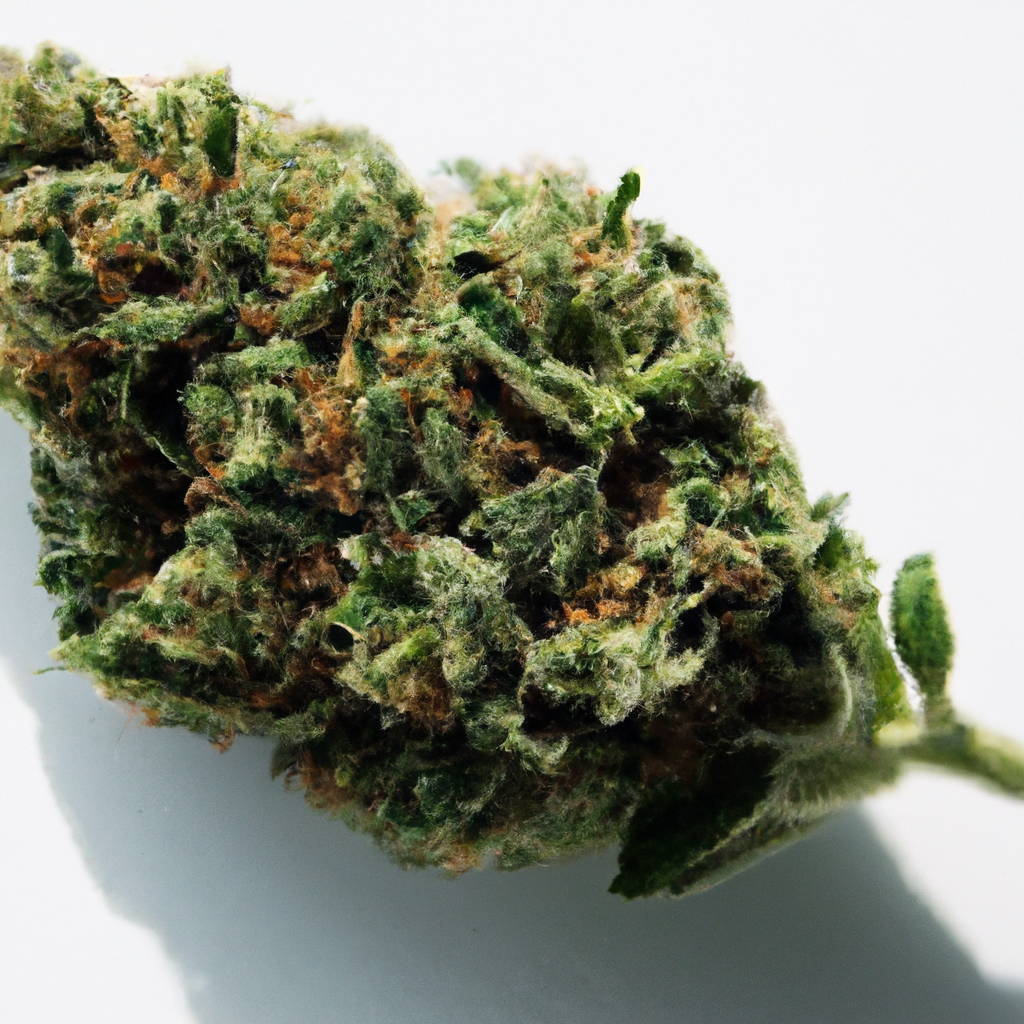Your cart is currently empty!
Cannabis has long intrigued researchers and enthusiasts alike, offering a blend of historical significance and modern-day implications. As studies continue to unlock its potential, an area of significant exploration is the relationship between cannabis and mental health. In this article, we will delve into how cannabis may influence mental well-being, the scientific research backing these claims, and practical insights for those considering cannabis for mental health support.
The Role of Cannabinoids in Mental Health
Cannabinoids, the active compounds found in cannabis, interact with the endocannabinoid system (ECS) in the human body. This system plays a crucial role in regulating mood, stress response, and emotional balance. Two primary cannabinoids—THC and CBD—are often highlighted for their potential mental health benefits:
- THC (Tetrahydrocannabinol): Known for producing a “high,” THC may help relieve stress and anxiety for some users through relaxation and euphoria, though it can exacerbate anxiety in higher doses.
- CBD (Cannabidiol): Non-psychoactive and reputed for its calming properties, CBD is popular for alleviating anxiety, depression, and sleep disorders without the intoxicating effects of THC.
Scientific Research on Cannabis and Mental Health
Recent studies have explored cannabis as a potential tool for mental health management:
- A 2020 study published in the Journal of Clinical Psychology suggested that CBD could significantly reduce symptoms of anxiety in a clinical setting.
- Research in Neurotherapeutics highlighted how THC and CBD applications might benefit individuals with PTSD by reducing flashbacks and promoting relaxation.
- The effects of cannabis on mood disorders are still under investigation, with mixed outcomes based on dosage, cannabinoid content, and individual differences.
Practical Tips for Using Cannabis in Mental Health
If you’re considering cannabis for mental health purposes, here are a few practical suggestions:
- Start with Low Doses: Begin with lower doses to gauge your body’s response, especially with THC, which can have varying effects.
- Consult Healthcare Professionals: Always speak with a healthcare provider experienced in cannabinoid therapies to ensure compatibility with your health needs and other medications.
- Opt for CBD-Rich Strains: Those seeking relief from anxiety or depression might benefit more from strains with higher CBD content.
- Track Your Response: Keep a journal of your experiences to monitor any benefits or adverse reactions over time.
Conclusion
The relationship between cannabis and mental health is complex, with potential benefits and risks. As research continues, cannabis may offer valuable mental health support, especially for conditions like anxiety, depression, or PTSD. However, individualized guidance and a cautious approach remain key to safe and beneficial usage.
Discover more from Magic Clones
Subscribe to get the latest posts sent to your email.


Leave a Reply